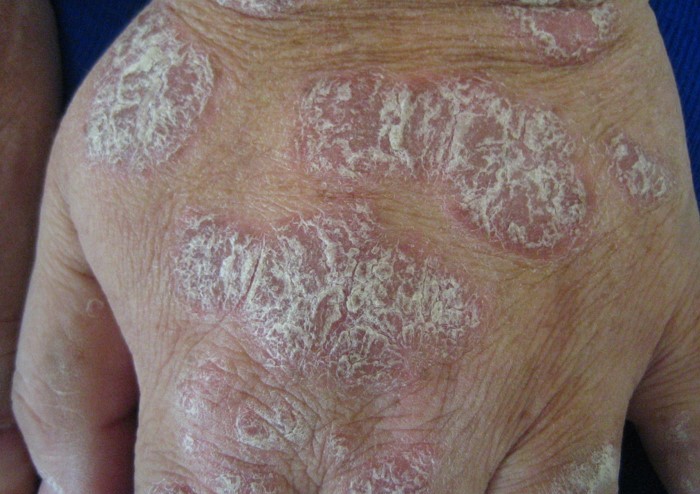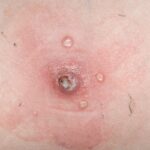Moderate to severe plaque psoriasis is a chronic autoimmune skin disorder characterized by red, scaly plaques on the skin. This condition affects millions of people worldwide and can significantly impact their quality of life. Understanding its causes, symptoms, and available treatment options is crucial for effective management.

Causes of Plaque Psoriasis
Plaque psoriasis is an immune-mediated disease that results from an overactive immune response, causing inflammation and accelerated skin cell turnover. Key factors contributing to the condition include:
- Genetic Predisposition: Family history plays a major role in psoriasis susceptibility.
- Immune System Dysfunction: An abnormal immune response triggers excessive skin cell production.
- Environmental Triggers: Stress, infections, and injuries can exacerbate symptoms.
- Lifestyle Factors: Smoking, alcohol consumption, and obesity can worsen the condition.
Symptoms of Moderate to Severe Plaque Psoriasis
Common symptoms of moderate to severe plaque psoriasis include:
- Red, inflamed skin patches covered with silvery-white scales
- Itching, burning, and soreness in affected areas
- Cracked, dry skin that may bleed
- Thickened or ridged nails (nail psoriasis)
- Joint pain and swelling (psoriatic arthritis)
Treatment Options for Moderate to Severe Plaque Psoriasis
1. Topical Treatments
- Corticosteroids: Reduce inflammation and slow skin cell turnover.
- Vitamin D Analogues: Help regulate skin growth.
- Topical Retinoids: Promote skin cell renewal.
2. Phototherapy
- UVB Therapy: Helps slow abnormal skin cell growth.
- PUVA Therapy: Combines UV light with psoralen medication.
3. Systemic Medications
- Biologic Therapies: Target specific immune responses (e.g., TNF inhibitors, IL-17 blockers).
- Oral Systemic Medications: Methotrexate, cyclosporine, and apremilast.
4. Lifestyle and Home Remedies
- Moisturizing creams to prevent dryness and irritation.
- Stress management techniques to reduce flare-ups.
- A balanced diet rich in anti-inflammatory foods.
Moderate to severe plaque psoriasis is a chronic condition that requires ongoing management. With advancements in medical treatments and lifestyle modifications, individuals can significantly improve their symptoms and quality of life. Consulting a dermatologist for a personalized treatment plan is essential for effective disease management.

